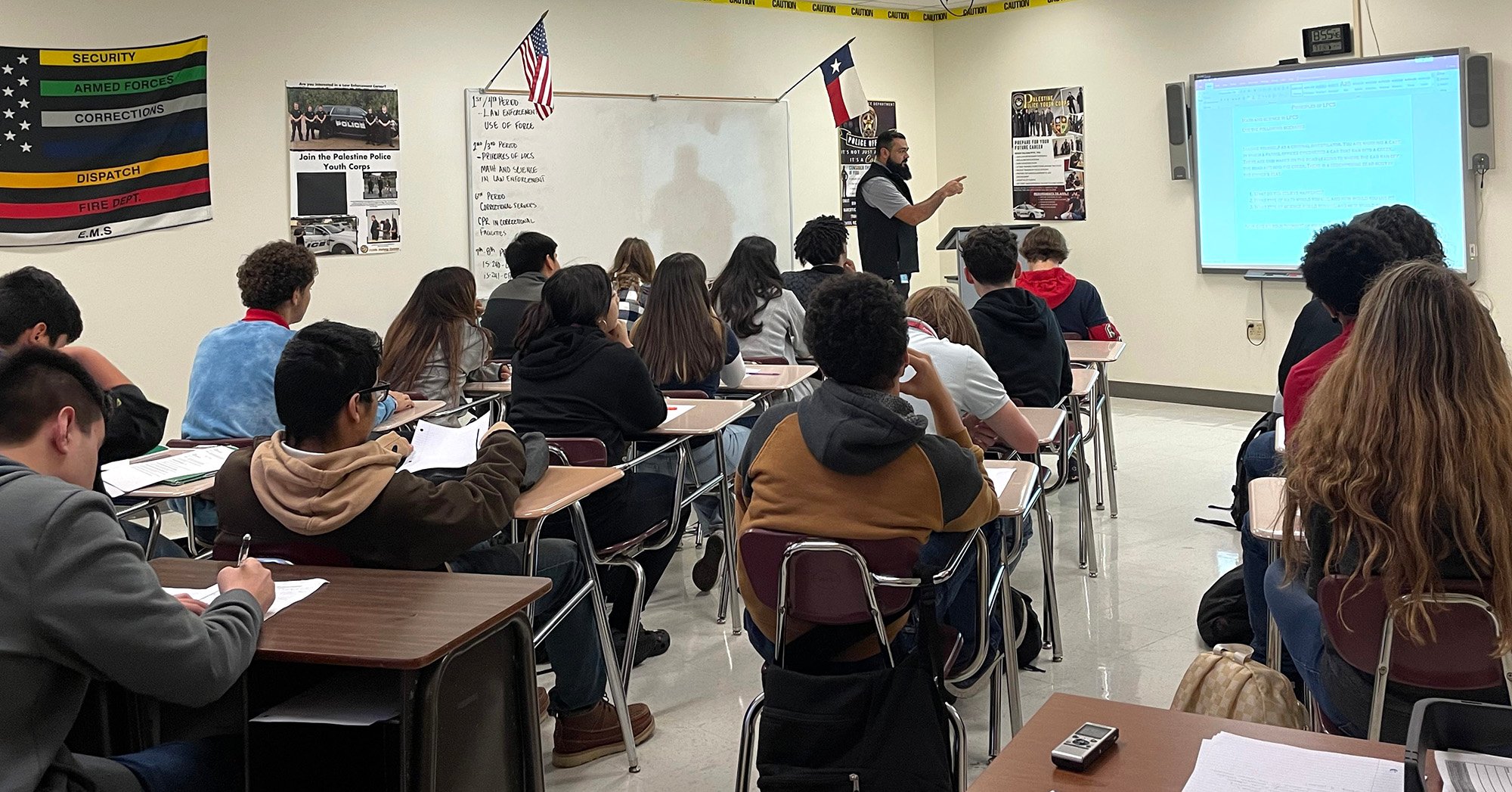
Texas Recruits High School Kids To Be Corrections Officers
Short on guards, the state hopes to attract students enrolled in corrections career training programs once they turn 18.
Since 1954

Short on guards, the state hopes to attract students enrolled in corrections career training programs once they turn 18.
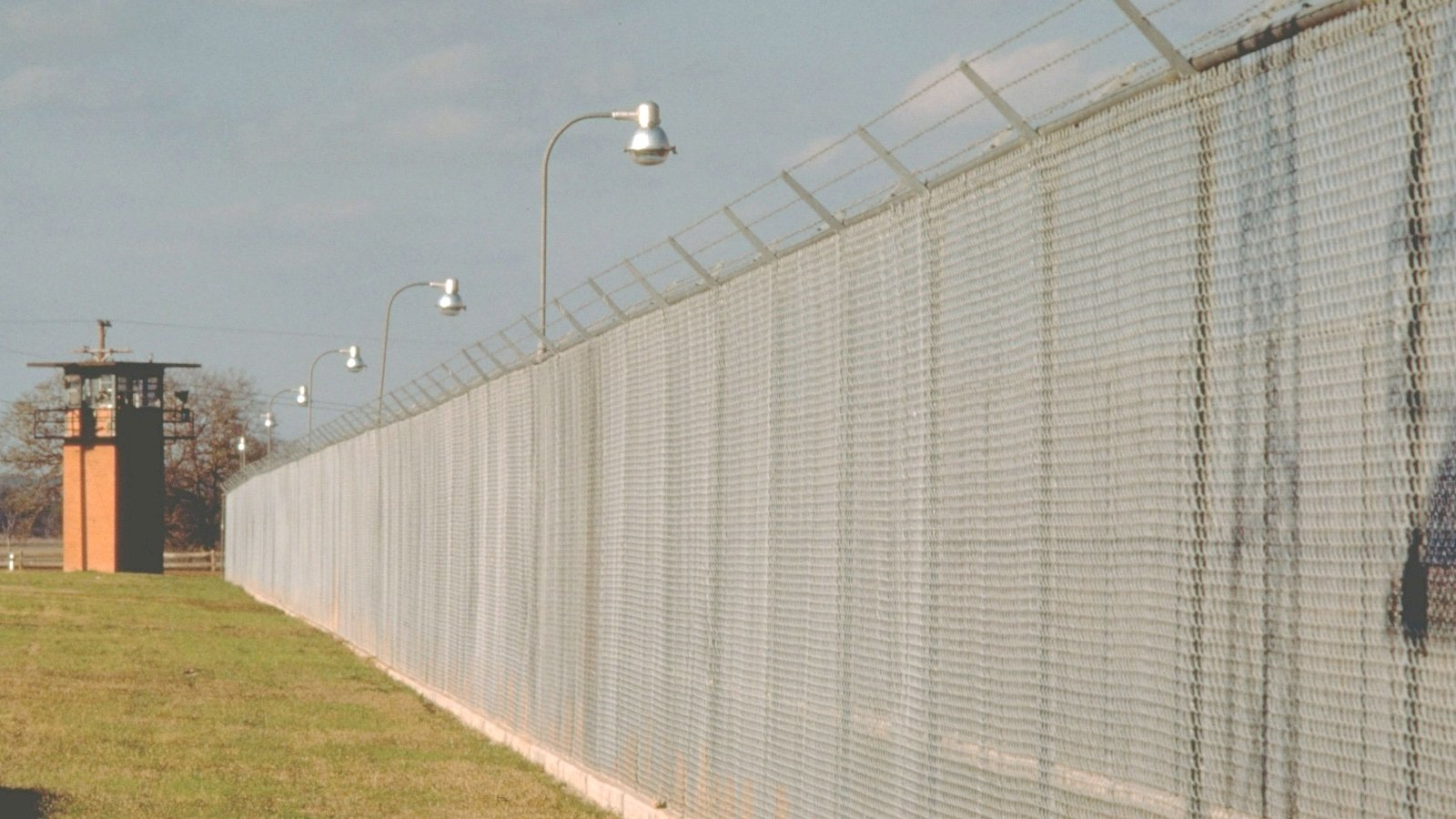
"I'm willing to die for the cause, because I can't live."

How Galvestonians used to dance until they dropped (for fun), a former figure skater turned journalist, and other Lone Star State stories.

During the hottest part of the year, up to 13 percent of deaths at Texas prisons without air conditioning were due to extreme temperatures according to a new report.

Federal grants are rebooting higher education behind bars, but the benefits aren't evenly distributed to all of the incarcerated.
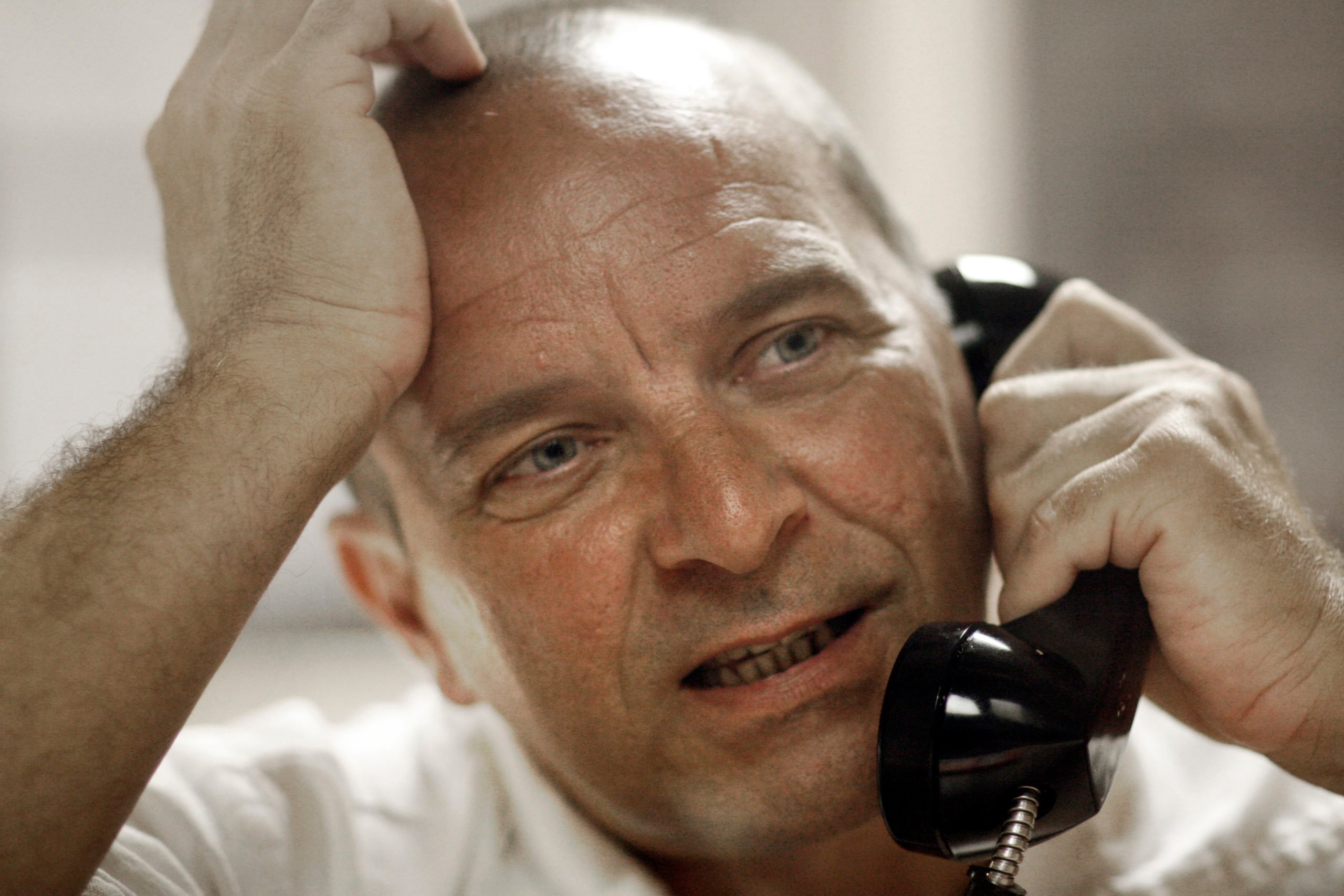
Elmer Wayne Henley, Jr is currently serving six life sentences for participating in a murder, rape, and torture ring when he was a teenager.

Archives of survival hold the power to transform beliefs about revenge, retribution, and the carceral state.
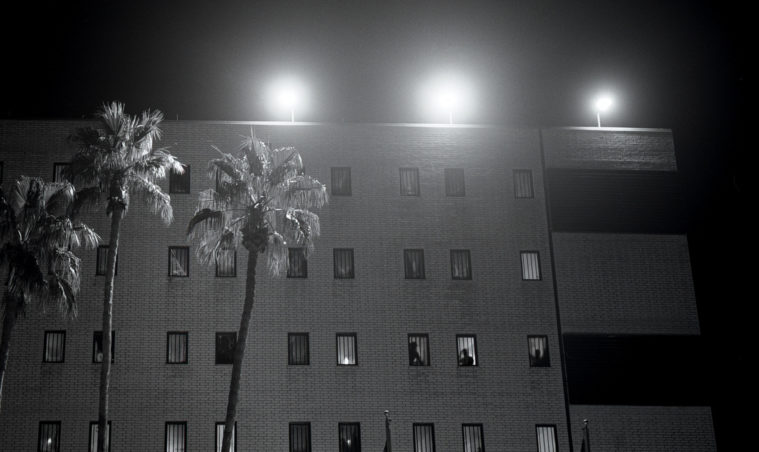
In Texas, dying in jail is “par for the course.”
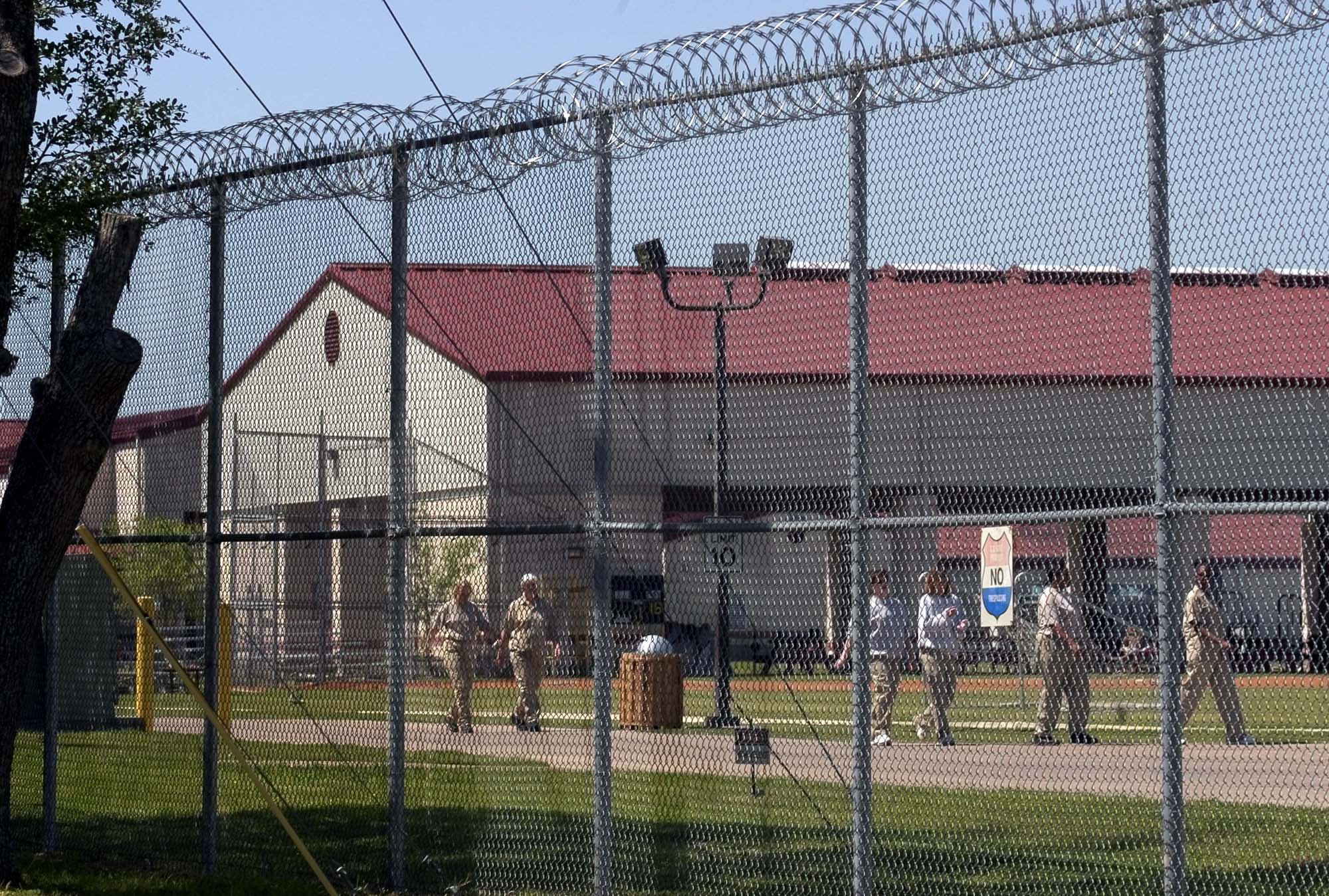
I receive phone calls from distraught friends inside complaining of unbearable heat, uncontrollable outbreaks, and paltry diets.
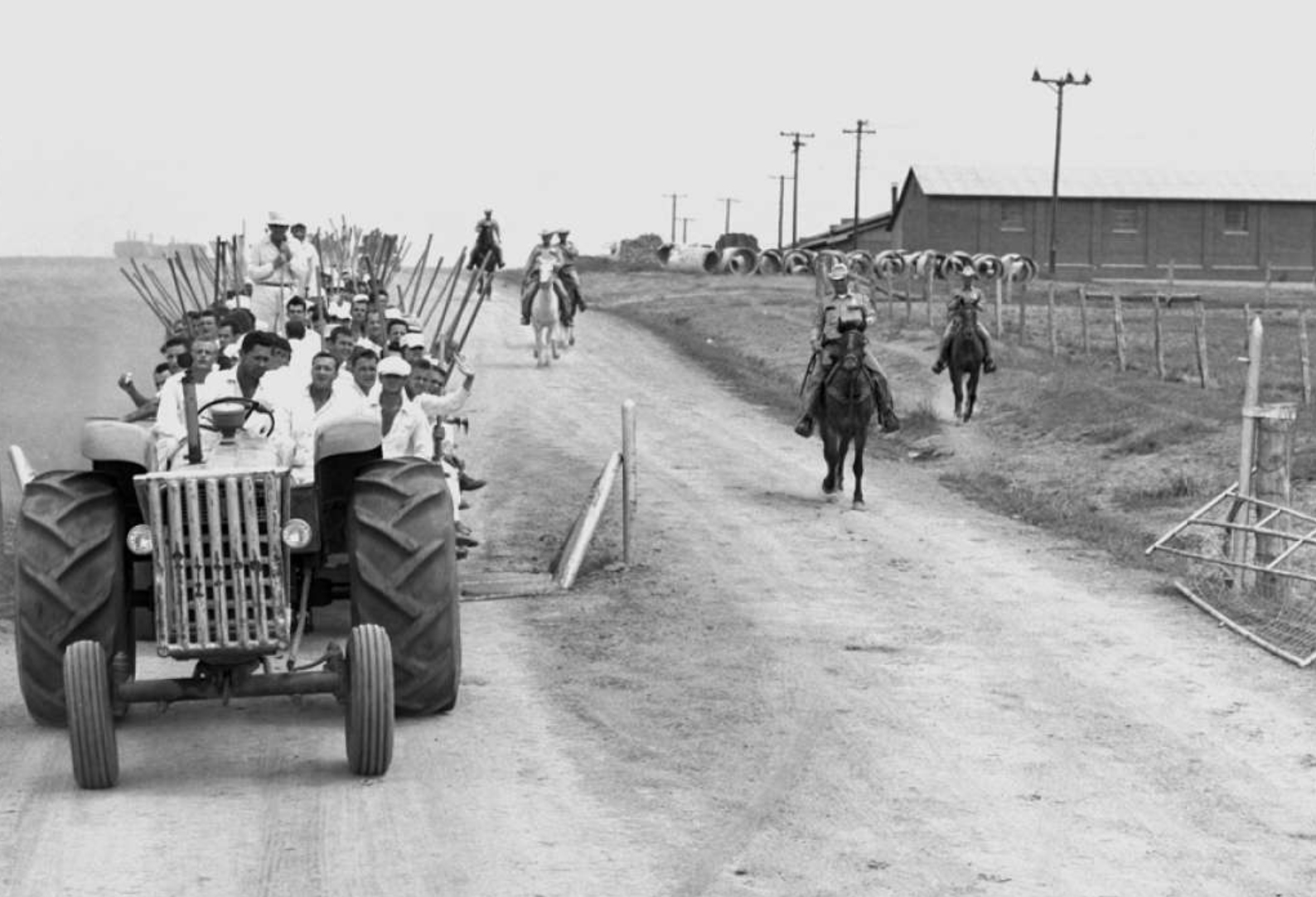
Many prisons, especially in the South, are named after racist officials and former plantations.